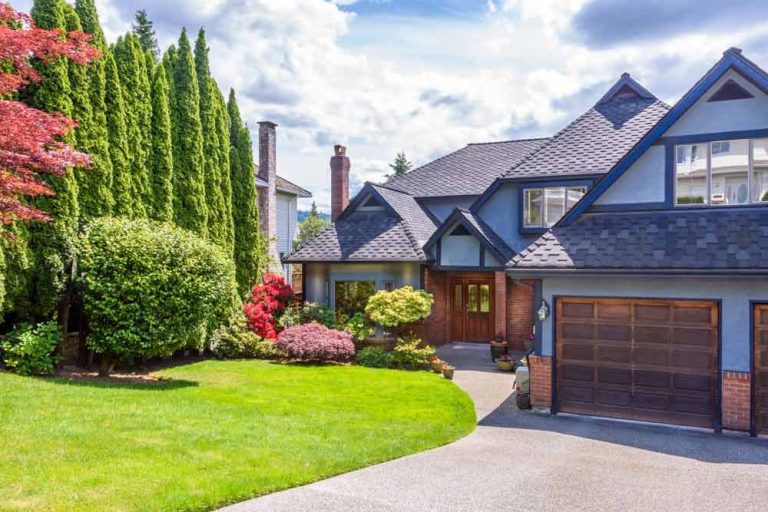There are different types of landscaping design by landscaping Leander such as formal, informal, naturalistic, oriental, and so on. Professional landscapers and landscape architects can assist in the design process, ensuring that the final plan is functional, visually pleasing and in harmony with the natural surroundings.
Landscaping design involves the planning and creation of outdoor spaces, including the selection of plants, hardscaping elements, and other features. It involves analyzing the site and determining the best use of the space, taking into consideration factors such as the climate, soil, and available sunlight.
The design process typically begins with a consultation with the homeowner to understand their needs and preferences. The designer will then create a conceptual plan, which includes elements such as layout, plant selection, hardscaping, and lighting. The plan is then refined and a detailed design is created.
Design principles such as balance, proportion, and unity are used to create a cohesive and visually pleasing design. Elements such as color, texture, and form are also considered to create interest and variety.
Sustainability is also an important aspect of landscaping design, which can include the use of native plants, rain gardens, and other techniques to reduce the environmental impact of the landscape.

Landscaping is important for a home for several reasons:
- Aesthetics: A well-landscaped home can greatly enhance its curb appeal, making it more visually appealing and attractive to potential buyers.
- Property value: A well-landscaped home can increase the overall value of the property.
- Energy efficiency: Landscaping can provide shade and natural cooling, reducing the need for air conditioning and saving energy.
- Environmental benefits: Landscaping can help to reduce erosion, control stormwater, and improve air quality. It also can provide habitats for wildlife.
- Outdoor living: Landscaping can create outdoor living spaces that can be used for entertaining, relaxing, and enjoying the outdoors.
- Safety and accessibility: Landscaping can make outdoor spaces safer by providing proper drainage, preventing slips and falls, and providing appropriate lighting.
- Health and well-being: Spending time in nature has been shown to have positive effects on mental and physical health. Landscaping can provide opportunities for people to connect with nature and improve their overall well-being.
Overall, landscaping can greatly improve the overall appearance and functionality of a home, while providing environmental, social and economic benefits.

